“We set out to solve a problem.”
– Ramesh Narayanan, CTO
Inspired by the success of India's Aadhaar, introduced in 2009 – reaching an impressive 1.2 billion registrations by 2019 – several countries across the world expressed a desire to establish their own multi-purpose foundational ID programmes. National ID systems like these carried immense potential to grant citizens access to vital government services, such as ration, healthcare, employment programmes, financial aid, and more.
Several nations across geographies, particularly in Sub-Saharan Africa, attempted to build their own digital ID programs as early as 2010, but encountered several roadblocks early in their journeys. Over the years, MOSIP has worked towards addressing each of these challenges, applying learnings from on-ground implementations and constant collaboration with local experts, academic research, and policy-makers.
Key Challenges
- Altering Landscapes
- Vendor and Technology Lock-In
- Privacy and Security Concerns
- Expenditure of Time and Finances
- Lack of Meaningful Inclusion
- Putting Foundational Digital ID to Use
01 Altering Landscapes
A pre-made, siloed approach to technology can only create solutions for known, foreseeable challenges. For diverse, dynamic, and rapidly-developing communities and nations with unique requirements and trajectories, it is imperative that systems and solutions are designed in a manner that leave room for adaptability and customisation during on-ground implementation.
A MOSIP Story: The Philippines is a country of 7,641 islands, many facing challenges of low-network and accessibility. This posed a challenge in registering the entire population during the national roll-out of PhilSys; a national ID system built on MOSIP. The Philippines’s PSA worked with MOSIP to implement offline, door-to-door pre-registration procedures for residents living in areas with low connectivity. Local registration officers used offline tablet software to obtain basic demographic data and plan biometric registration times and locations, bringing the ID systems to residents living in diverse environments.
MOSIP's modularity allows governments to choose from an array of technology components, and build customised processes that suit their communities’ needs. The dissemination experts at MOSIP also collaborate with local analysts, academics, and technology developers to strengthen the systems with first-hand knowledge of the adopting country.
02 Vendor and Technology Lock-In
Countries require the ability to scale, modify, or upgrade their Digital Public Infrastructure without becoming financially and functionally committed to a specific service provider. In the event that a country’s requirements grow beyond a vendor’s capabilities, it is essential that such changes can be implemented in a time- and cost-effective manner.
MOSIP’s open-source, Open Standards technology allows countries and potential technology partners to seamlessly integrate with developing infrastructure. Additionally, the project offers adopting countries the ability to choose from our ecosystem of 90+ technology partners around the world, including biometric solution providers, device manufacturers, and System Integrators. Should a country prefer to choose providers outside of the MOSIP Partner ecosystem, compliance and integration standards are openly available for any provider to work with MOSIP. The project’s team of experts extend technical support, training, and capacity-building to support a country and its chosen technology providers to integrate smoothly with the system of solutions being built.
03 Privacy and Security Concerns
One of the biggest concerns around building systems that handle sensitive and personal data is around security of that data. A resident’s confidence that their privacy is protected could be the difference between that resident engaging with, or choosing to abstain from, government benefits programmes. It was imperative, therefore, to the team at MOSIP, that concerted efforts were made to establish data security and privacy at the point of development, in a manner that establishes trust.
MOSIP’s commitment to resident data privacy and security in the digital ID ecosystem is demonstrated by:
- Enabling Virtual IDs, which protect the true credential by providing proxy ID numbers for transactions.
- Implementing zero-knowledge architecture to safeguard residents' data by sharing just the necessary information during verification.
- Conducting thorough research on biometric verification in encrypted areas using homomorphic algorithms like SEAL, thereby enhancing system security.
04 Expenditure of Time and Finances
High investment of time and finances can be a deterrent to the development of foundational technology systems. The fact remains that this endeavour requires staggering investments in terms of labour, training, space, equipment, and software systems.
As a university-incubated not-for-profit project, MOSIP has the advantage of being supported by some of the world's leading philanthropic and advocacy entities. This backing allows MOSIP to alleviate a significant portion of a country's financial constraints.
MOSIP strategy also included the design of a pioneering Rapid Deployment Pilot. With this pilot process, along with the availability of nearly 100 pre-compliant technology providers and system integrators, adopting countries can develop a Proof of Concept in a fraction of the time normally necessary for full-fledged pilots, significantly lowering both time and financial investment in the early phases of deployment.
05 Lack of Meaningful Inclusion
Truly meaningful impact on a country’s population can only happen when no individual is left behind. The challenge with managing inclusion in technology lies in identifying the unique needs of subsets of a larger population.
At MOSIP, inclusivity is a core value that we uphold through various initiatives:
- Academic Partnerships for inclusion-driven research
- Capacity-building initiatives with local students and officials
- Development of technology that is:
- Independent of access to high-speed mobile network
- Cognisant of varying cultural practices
- Sensitive to race, gender, age, and economic status
This is an ongoing endeavour, powered by dedicated research teams that continue to assess and analyse the inclusiveness of MOSIP technology.
06 Putting ID to Use
Research by McKinsey showed that most digital ID schemes around the globe only utilise a small fraction of the possible use cases for their systems. The MOSIP team considered it crucial to address what happens after a citizen is successfully registered into a digital ID system, to facilitate their access to important rights and services.
- Integrations to leverage digital ID for access to rights and services:
Civil registration (OpenCRVS)
Government benefits delivery (OpenG2P)
Healthcare delivery (eManasa and DHIS2)
Digital signatures (eMudhra)
- Additional technology modules:
Inji: A digital wallet and authenticator
e-Signet: ID identity authenticator
- Collaborative partnerships with other Digital Public Goods:
Digital Convergence Initiative
GovStack
G2PConnect
Over the past 6 years, MOSIP has made efforts to tackle each of these challenges with a commitment to trustworthy, inclusive, efficient infrastructure that is shaped by our insights from on-ground implementations. Our mission is to create a platform that continually adapts to the evolving needs of the digital public infrastructure landscape.




